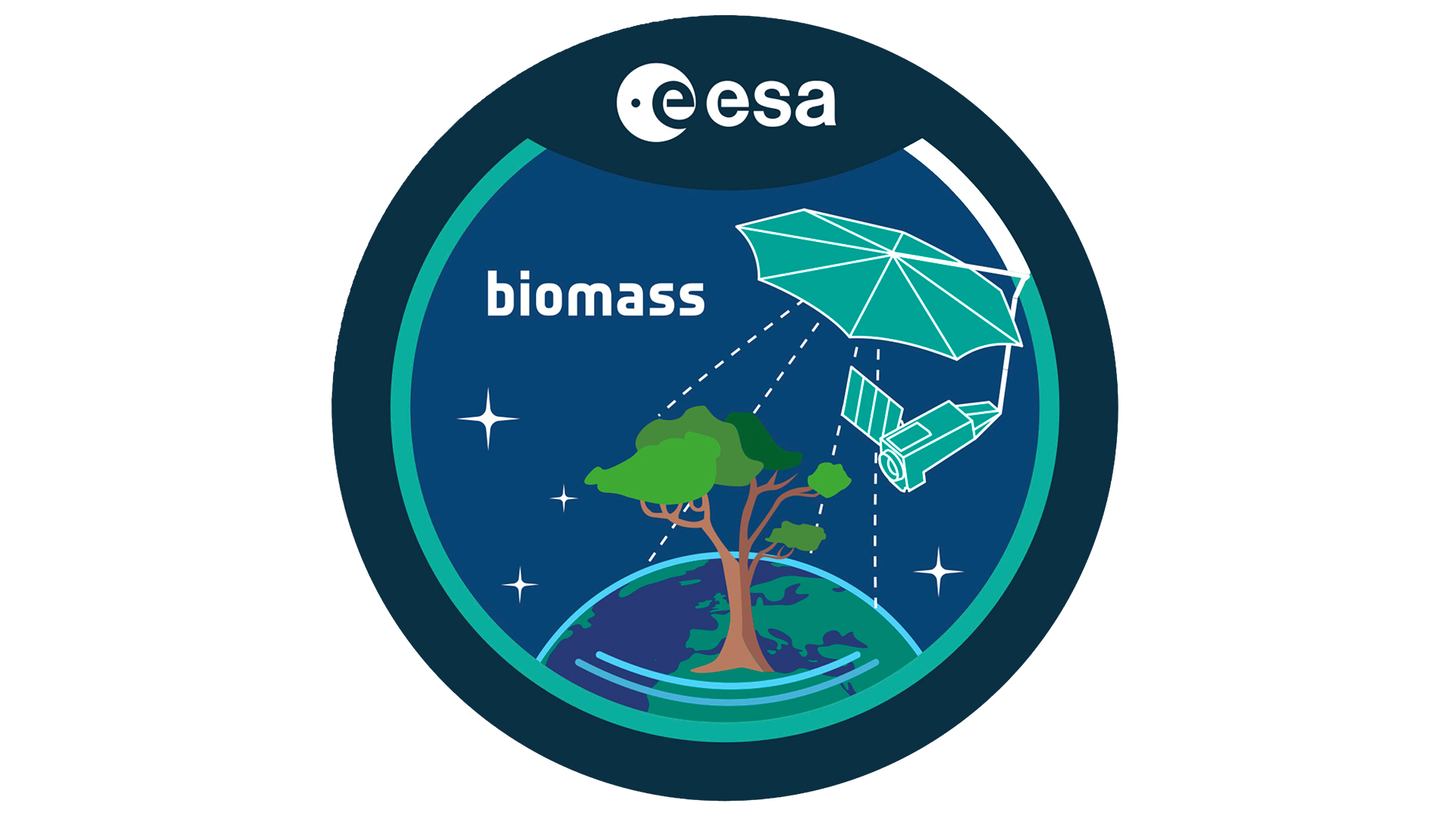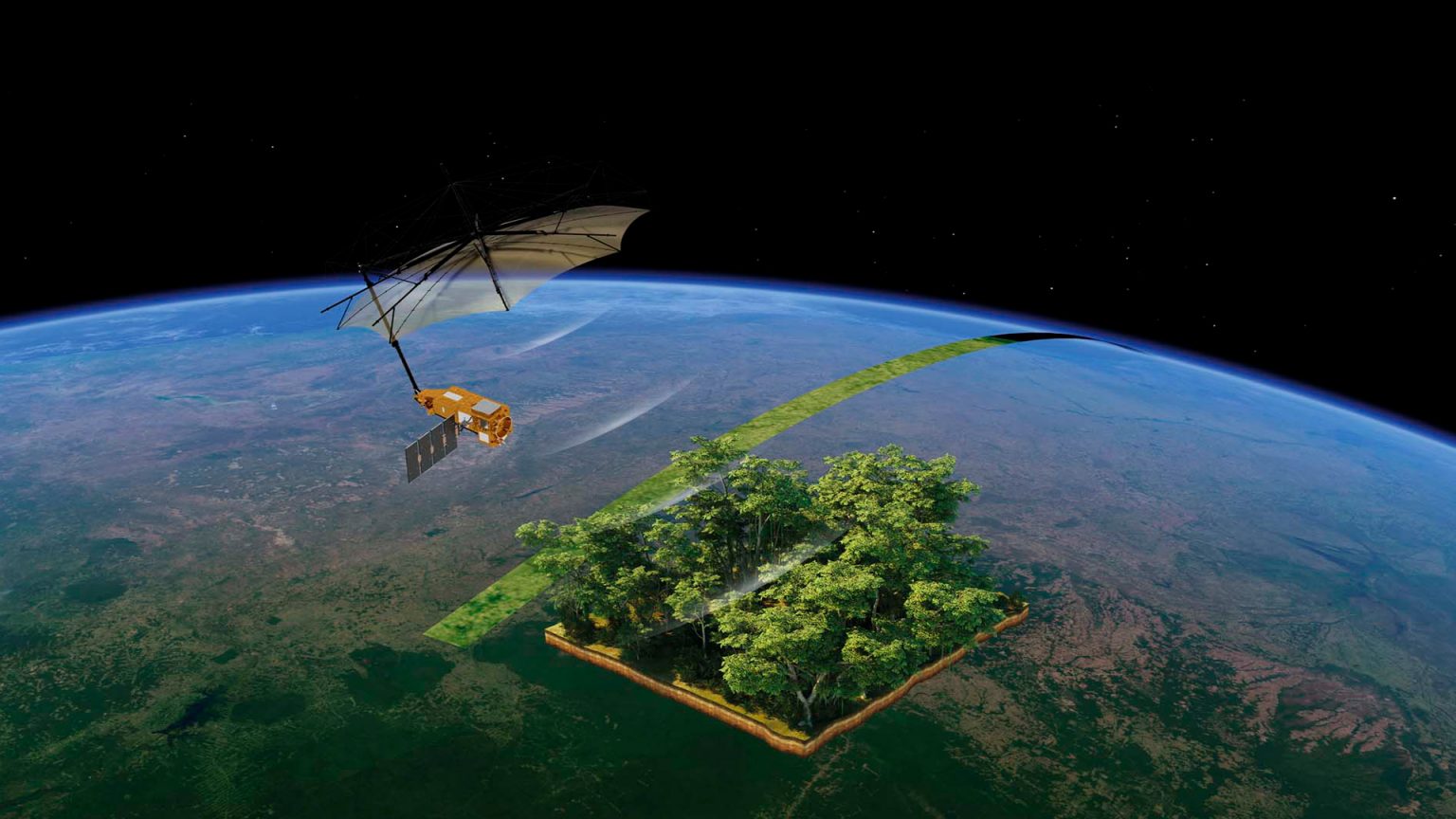Key objectives include reducing uncertainties in carbon flux measurements and supporting international climate change agreements”
The European Space Agency (ESA) is gearing up to launch the groundbreaking Biomass satellite in April 2025, a significant leap forward in Earth observation and climate science. This mission aims to deliver unprecedented insights into global forest biomass and carbon cycles, addressing crucial questions about our planet’s ecosystems.
sinBioBiomass will be the first satellite to carry a P-band synthetic aperture radar (SAR) in space, operating at 435 MHz. This innovative technology will enable scientists to measure forest biomass with exceptional accuracy, even generating highly detailed 3D maps. Boasting a 12-metre deployable antenna and orbiting at an altitude of 666 kilometres, Biomass will cover the entire planet during its five-year operational life, monitoring multiple forest growth cycles.

Key objectives include reducing uncertainties in carbon flux measurements, supporting international climate change agreements and improving our understanding of carbon dynamics at a landscape scale, as well as delving into how carbon behaves within a given ecosystem. Thanks to its precise biomass measurements and ability to detect forest imbalances, Biomass promises to transform our capacity to monitor and manage these resources worldwide.
With climate change remaining one of the biggest global challenges, the Biomass mission represents a vital step towards a better understanding and management of the carbon cycle on our planet. The data gathered will not only enrich climate science but will also contribute to more effective strategies for ecosystem conservation and sustainable forest management.





